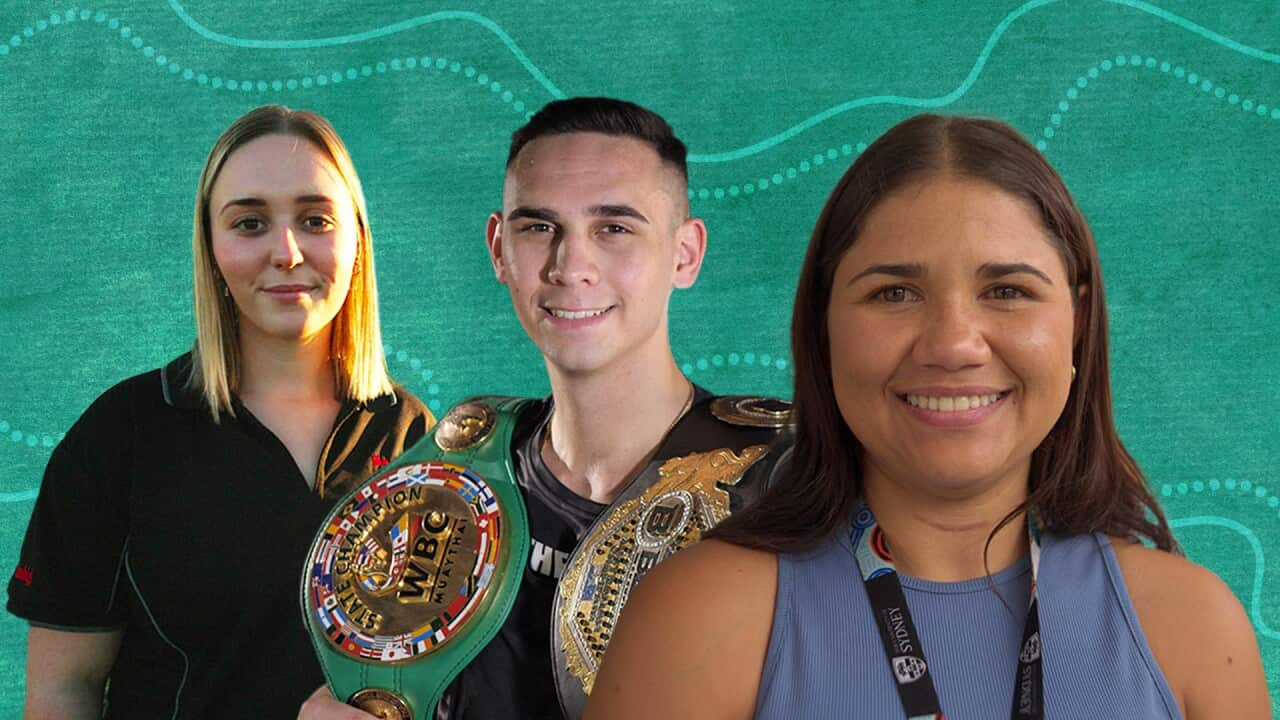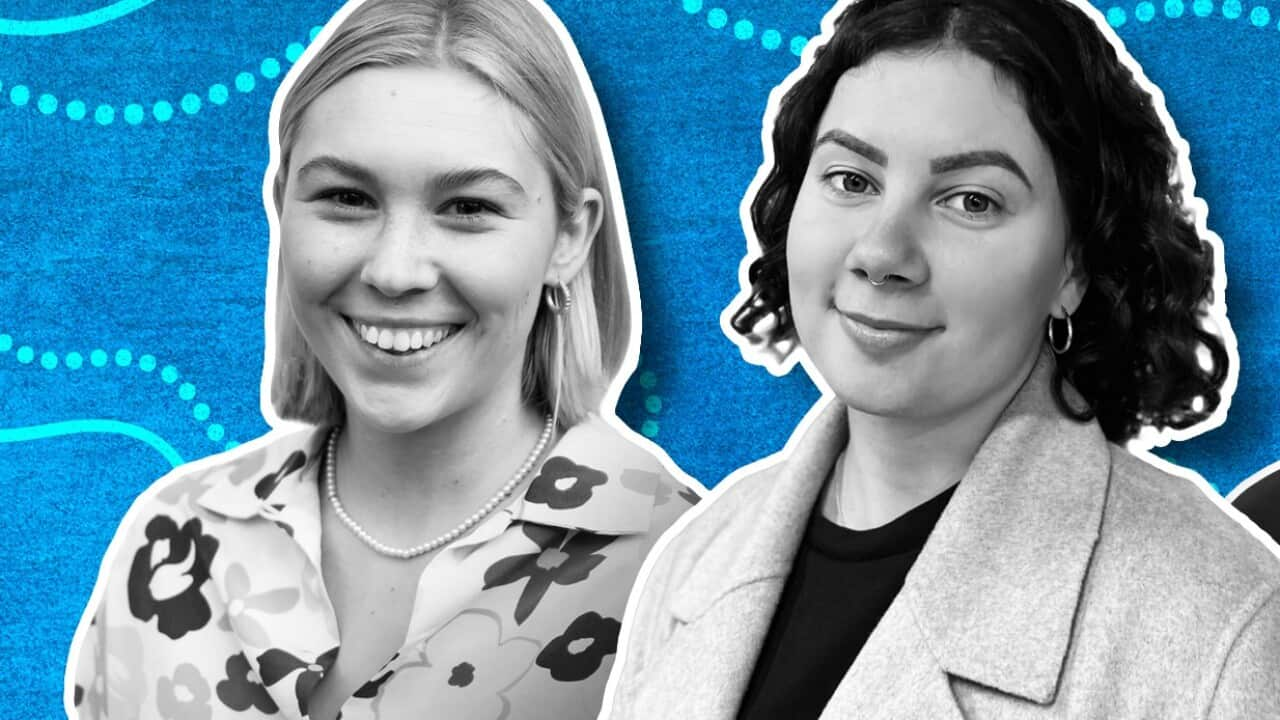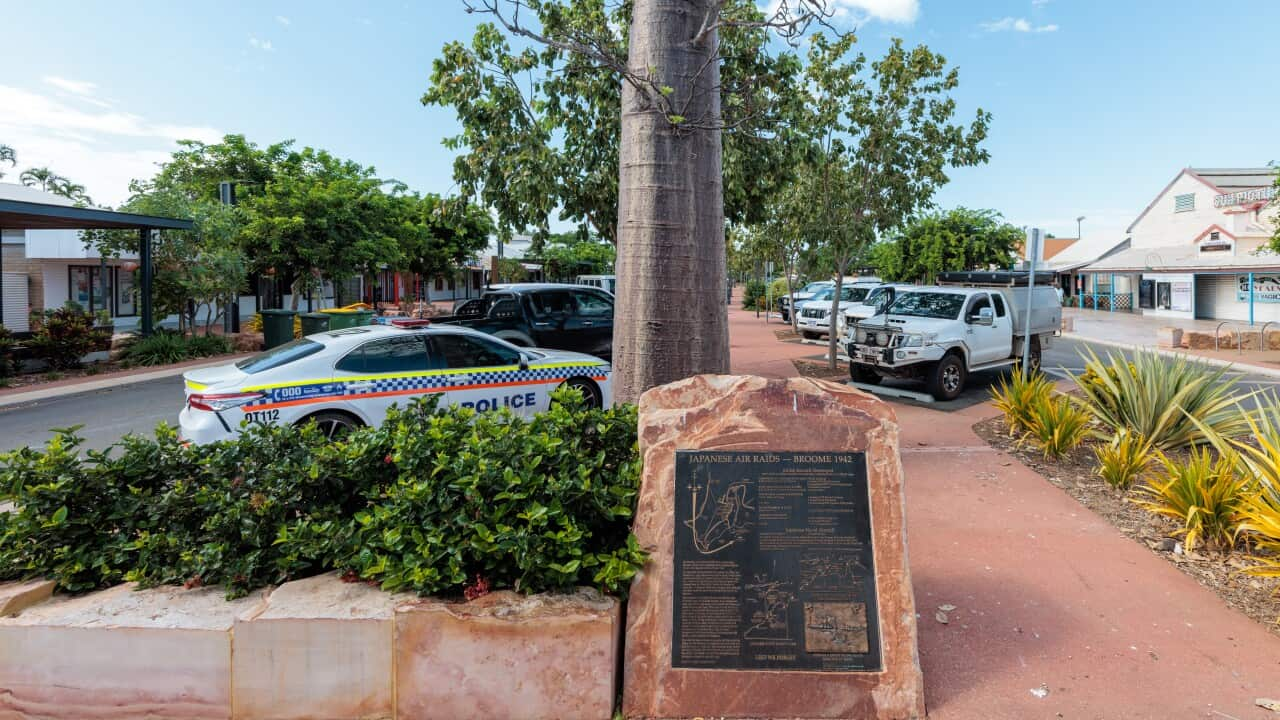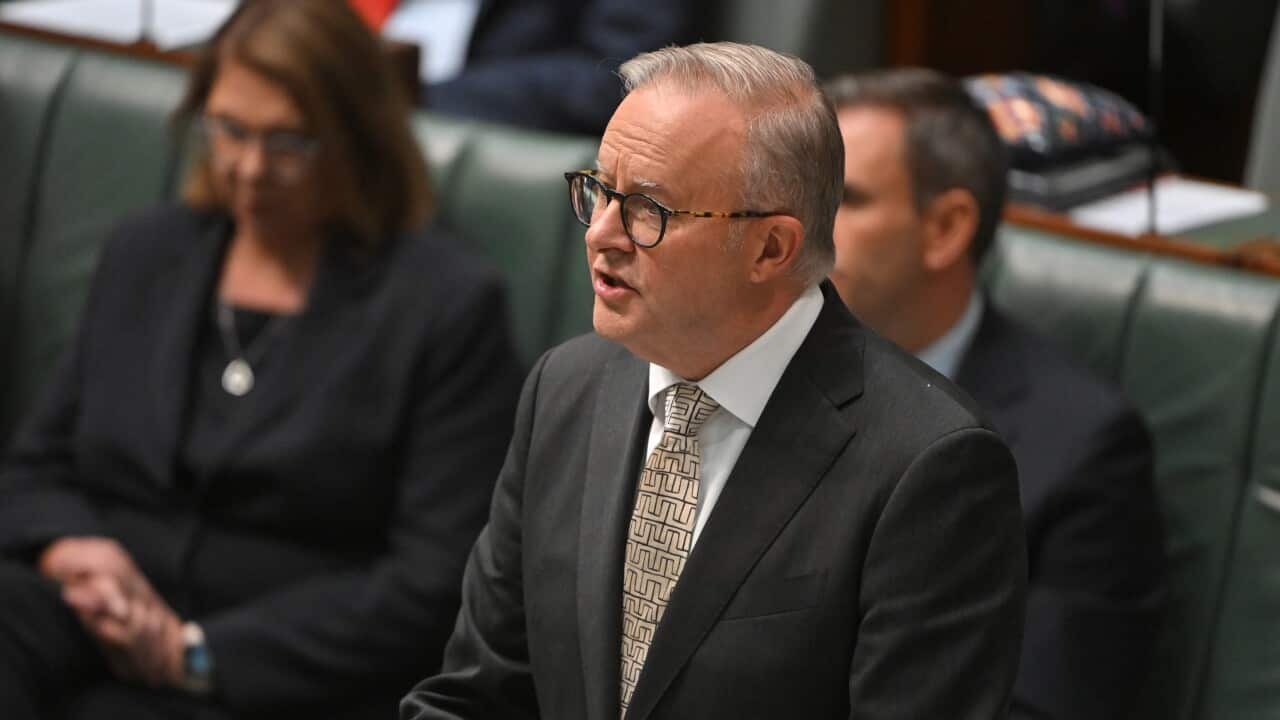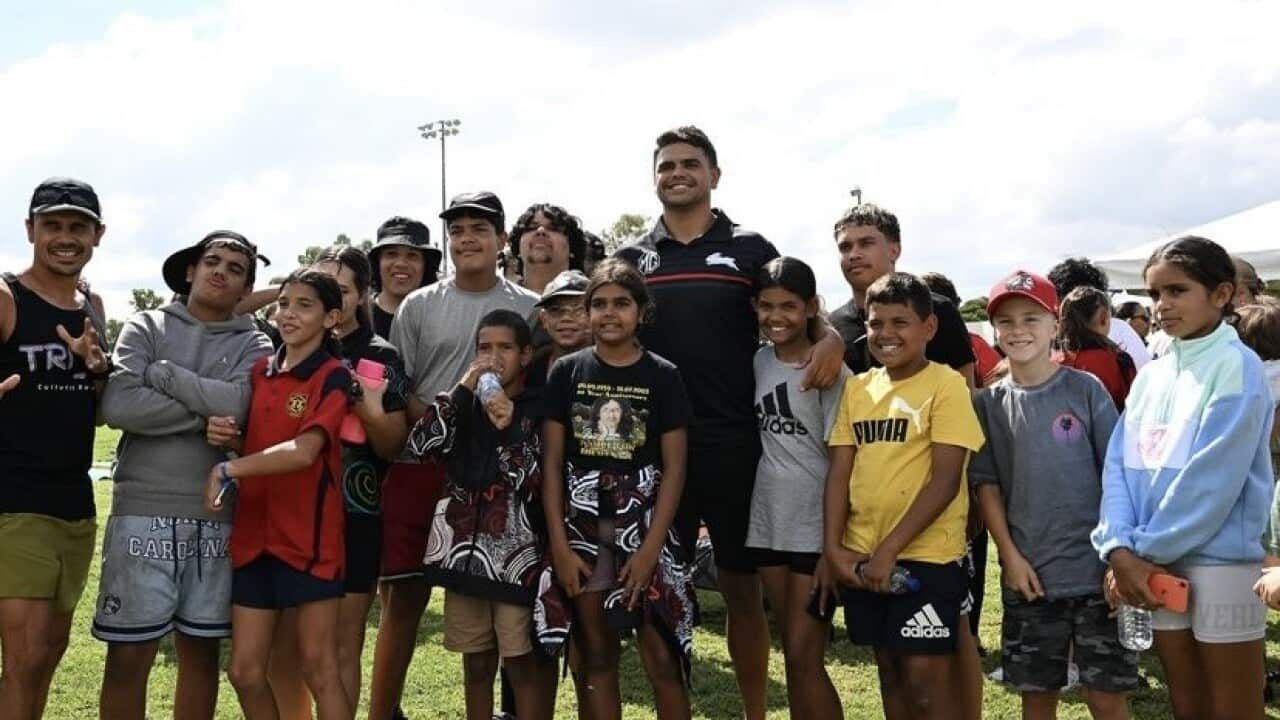There's an up-and-coming generation of Blakfullas who are leaving profound legacies in their communities.
The National NAIDOC Youth Award nominations are celebrating the accomplishments of these outstanding young people.
Dante Rodrigues is a Tiwi Islander professional fighter.
In 2018, he was the first Aboriginal kickboxer to represent Australia at an Olympic level, where he won a silver medal for the nation in the Junior World Kickboxing Championships in Italy.
Last year, Dante represented his community and the country again at the World Kickboxing Championships in Portugal.
"To put Northern Territory on the map and to put First Nations people on the map, saying that we're out here doing these deadly things... it's just amazing... I love representing my community," Dante told the ABC.
Growing up around Domestic Violence, drug and alcohol abuse and crime, Dante turned to sport which helped improve his mental and emotional well-being.
After being diagnosed with Borderline Personality Disorder at 18, as well as living with depression and anxiety, Dante co-founded the One Percent Program with his cousin Jahdai Vigona.

The One Per Cent program provides free weekly sessions with young men in a range of activities including kickboxing, life skills and mindfulness training. Credit: Supplied
"Being an advocate... and to show people that they're not alone is something that is so important to me.
"It's important for me to be a role model to others... [When you see] other mob and other blakfellas around Darwin achieving great things, makes you realise it's possible for [yourself]," he said.
Growing up, Gulidjan woamn Piper Stewart didn't like swimming.
That was until a swim instructor got Piper to face her fears and put her head under the water.

Piper Stewart is making swimming lessons accessible to hundreds of Aboriginal children. Credit: Supplied
At just twelve years old, she founded Bambigi, an organisation that works to make sure more Aboriginal kids learn to swim.
Bambigi aims to address the financial barriers when it comes to swimming lessons, funding six months of swimming lessons for Aboriginal kids in the Griffith region.
"Drowning was a big thing in our area at the time. So I thought why not raise money to pay for other Indigenous kid's swimming lessons?
"I noticed there wasn't a lot of other Aboriginal kids at the pool. Not many Indigenous kids do swim... money was a barrier to that, transport was a barrier to that and that has probably contributing to [Indigenous kids] being three times more likely to drown," Piper said.
She has been able to see the impact her work and dedication have had on her community first-hand.
"There has been a lot more Indigenous people using the pool as they are becoming comfortable with not only their swimming ability but seeing other faces in the pool as well," she said.
Ieyesha Roberts is a proud 24-year-old Dunghutti woman from Kempsey.
At just 12 years old, Iyesha was diagnosed with end-stage renal failure - a diagnosis that would impact her for the rest of her life.
Iyesha wanted to create better outcomes for those who are going through the same thing that she is.
Her desire to help others is what's inspired her to become a research assistant at the University of Sydney, advocating for Indigenous health, specifically kidneys.
"I just want to make the whole of kidney health better for those that are coming into this journey," Ms Roberts said.
Ieyesha has helped develop the CARI clinical guidelines, shaping best practices in kidney care.
Her work has also ensured that there is culturally safe treatment for Aboriginal and Torres Strait Islander patients.
Despite living with kidney disease, Ieyesha's resilience, compassion and dedication has made her a sought-after advocate and she has had a tremendous impact on the lives of others.
"The work that I'm doing now does feel like a bit of a calling. Everything happens for a reason and this is just the path that I was meant to take," Ms Roberts said.
If there's one thing for certain, Blak futures are shining brightly.
